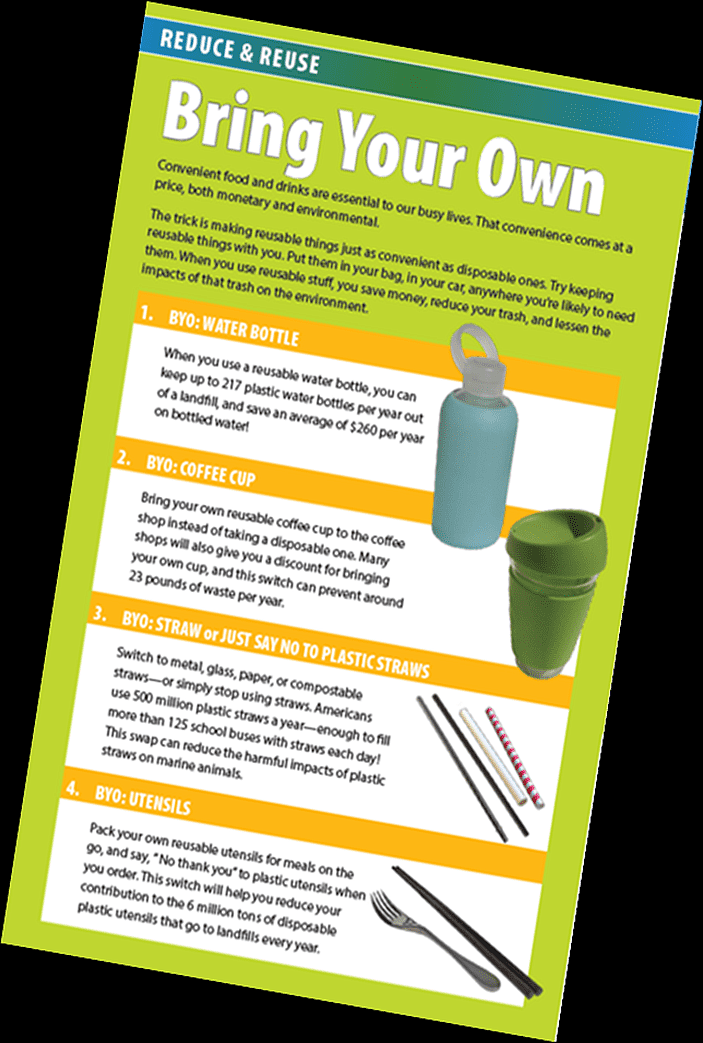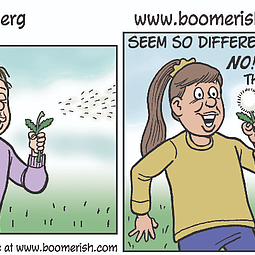Recycling Right, Plus Reduce and Reuse More
November 20, 2022 at 8:10 a.m.
These news reports prompted Seattle Public Utilities to ask the question on your behalf: Is plastic getting recycled? Is it even worth recycling?
The answer is good news. Seattle and other area recyclers have secured markets for all the items that are allowed in curbside recycling: glass, aluminum, cardboard, paper and, yes, plastic.
In addition to inviting customers to recycle right, Seattle Public Utilities is asking its customers to reduce your waste and to reuse more.
Seattle Public Utilities offers these “dirty” facts about plastics:
- The production of virgin plastic resin is a major source of climate pollution
- Around 40% of all virgin plastic produced globally is used for single-use plastic packaging that mostly ends up in landfills, incinerators, or worse…in the environment and oceans as pollution
- Some types of plastics that are created can’t be effectively recycled.
Recycling reduces the need to produce new materials from scratch. But knowing that the creation of single-use plastics has substantial negative impacts, we need to do more than just recycle. We need to prevent waste from occurring in the first place and look to waste reduction and reuse along with recycling.
If you live in Seattle where recycling is a requirement for households, Seattle Public Utilities has provided free curbside recycling services since 1988. Providing recycling for free helps customers save money on their garbage bills when they Recycle Right. But that isn’t true across the country, or even Washington state. As many as 40% of all households in the U.S. lack access to recycling services at home. So, millions of tons of valuable resources are not being recycled – not just plastics – but recyclable paper, metal, and glass are lost due to these gaps in recycling service and infrastructure. The production of these other types of materials also generates carbon emissions and other environmental impacts that can be dramatically reduced when recycled or reused.
There are different types of plastic that are recyclable and of different value depending on what they are made out of. High value rigid plastics like bottles, jugs, and tubs have reliable and well-developed end markets with demonstrated environmental benefits when used in place of virgin plastic materials. SPU invests and partners in customer education across the city and in multiple languages to ensure that all houses and apartments are set up for success and know which items to recycle.
As a result, Seattle Public Utilities recycling program captures approximately three-quarters of all recyclable packaging and paper products discarded by residents, including more than half of all recyclable rigid plastic containers. While there is still room for improvement, this is much higher than the average recycling achieved across the U.S. At SPU, we are committed to ensuring that materials collected through our program can actually be recycled responsibly. We work with our contractors to ensure that no mixed plastics are exported outside of North America. This is why it is especially important for our customers to also participate to Recycle Right.
We are proud of our city’s recycling program, and the dedication of our customers to make it one of the strongest and most successful in the country. However, we know that there are opportunities to make more of the plastics in the marketplace recyclable and eliminate those that can’t be recycled. We are therefore actively working at a national level with the US Plastics Pact and other initiatives on efforts to encourage companies to design products for recyclability.
—
Recycling is only one part of the solution to the growing problem of plastic waste. That is why we are actively involved in efforts around Producer Responsibility in Washington, which will require the producers of consumer products to take responsibility for the recycling and impacts of their packaging as well as create financial incentives to reduce the flow of plastic into the waste stream.
You can learn more about the effort of the Northwest Product Steward Ship Council here. SPU is also working to address single use-plastics through reuse systems and public-private partnerships to support the adoption of alternatives like reusable cups and other food & beverage containers through our work with Reuse Seattle.





